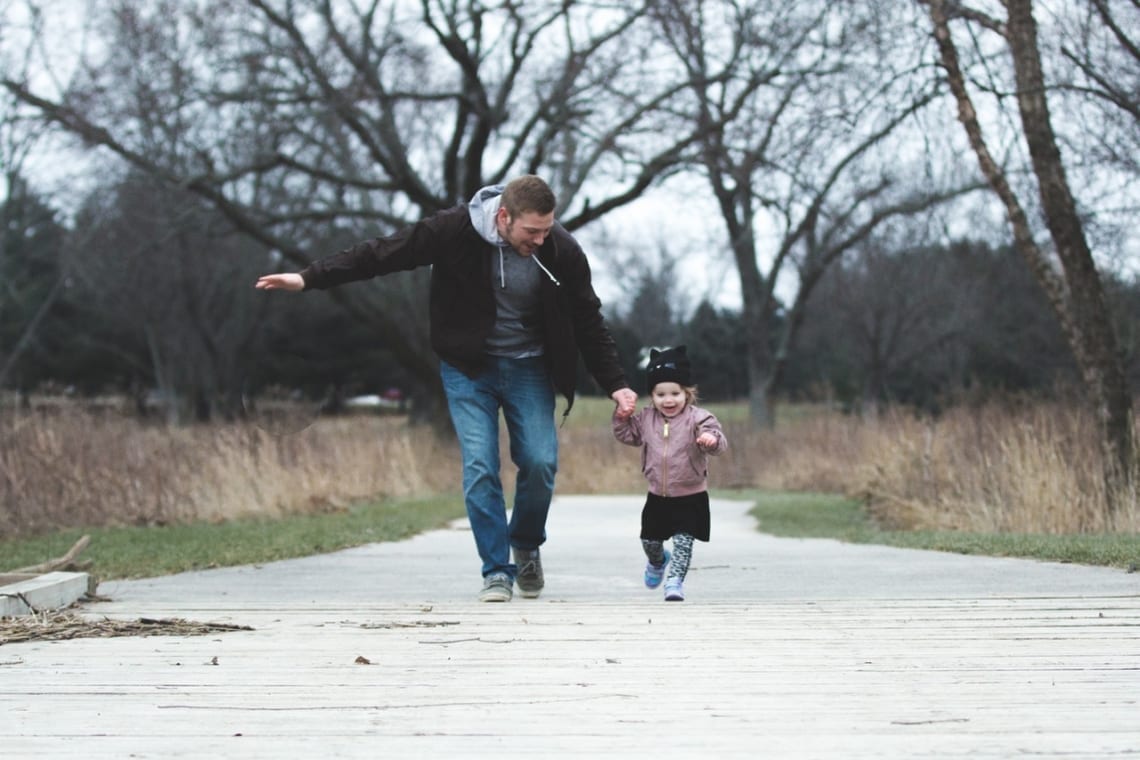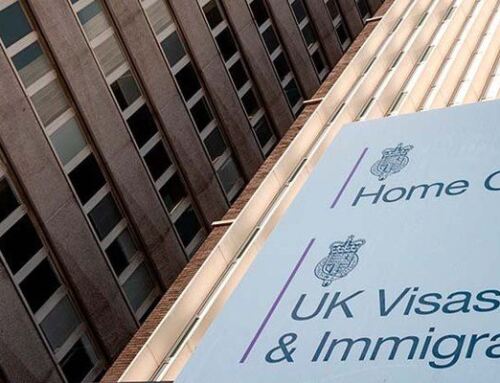Child Contact Court Actions and Child Welfare Hearings
What happens if you have to go to court in relation to your children?
There are many reasons why you may need to raise a court action or go to court in relation to your children. Where parent cannot agree court actions can be raised to decide where a child should reside or the contact that a child should have with the non-resident parent.
How does the court deal with these cases?
If a court action is raised in relation to a child and if the court receives a notice from the defender in the action that they do not agree with what the court is being asked to do, the court will fix what is called a child welfare hearing. Child welfare hearings are designed to help the court deal with cases involving children more quickly as they recognise the importance of the decisions being made. At a child welfare hearing the court can make decisions about where the child should stay and what contact should take place. These decisions are made by a Sheriff and must reflect what is deemed to be in the best interests of the child.
Who will be at the hearing?
Child welfare hearings unlike other hearings, take place in a closed court. Only the parties involved in the case (usually the child’s parents); their solicitors, the Sheriff and the court staff are present. No members of the public are permitted to be in the court and no other family members are permitted to be in the court. Children do not attend these hearings. The solicitors do not wear their gowns and the Sheriff does not wear a wig.
What happens at the hearing?
During a child welfare hearing the solicitor’s have the opportunity to address the Sheriff on the up-to-date position in relation to the contact arrangements as well as any concerns that either parent may have. The Solicitors speak to the Sheriff. The solicitor who is acting for the Pursuer will speak first and then the solicitor for the Defender will speak. Sometimes the Sheriff may ask the parents questions directly, but generally, you should allow your solicitor to speak for you. Each case is different, however, at a child welfare hearing some of the decisions that can be made are to grant one parent contact with the child; increase the amount of contact that is to take place or reduce contact. The Sheriff can also decide in some cases where the child is to stay. The Sheriff might wish to have more information before making a decision and if the particular circumstances of the case need to be investigated the Sheriff might order a report from an independent solicitor.
What the Court expects from you
The court expects you as parents to be able to talk to each other where possible and make every effort to agree about the arrangements for your child. It is important to bear in mind that when making decisions the court must always put the welfare and best interests of the child first. Views on what is in the child’s best interests may differ but the court will make the final decision if parties cannot agree. There is a presumption that both parents should have contact with the child unless there is a very good reason that contact should not take place.
Court Orders
If a court order is made the court will expect you to comply with the order, otherwise the person who is breaking the court order may find themselves in contempt of court, which may result in a fine or even imprisonment. If there is a court order in place, contact should not be stopped. If the court order requires to be changed then your solicitor will have to apply to court to ask permission to change arrangements. This will usually require a change in circumstances since the last court decision was made.
How can we help
If you require any advice in relation to child contact issues, please contact one of our offices located in Kirkcaldy, Glenrothes and Leven and ask to speak with one of our family law solicitors.







